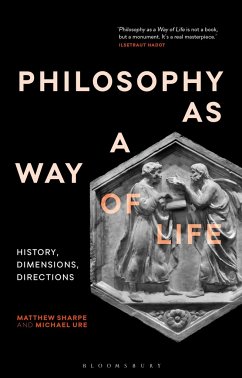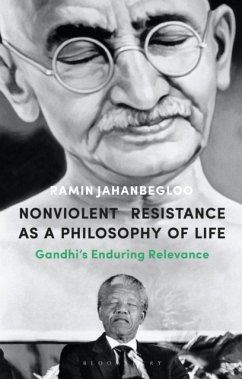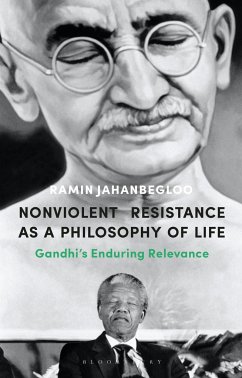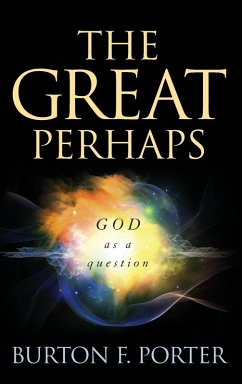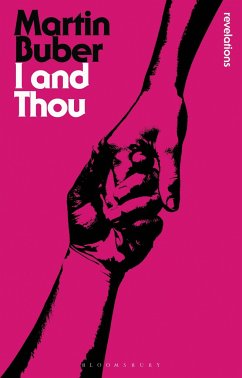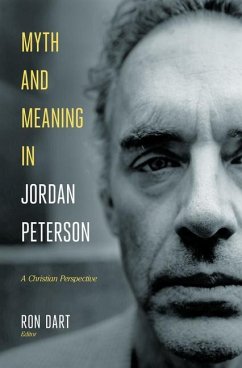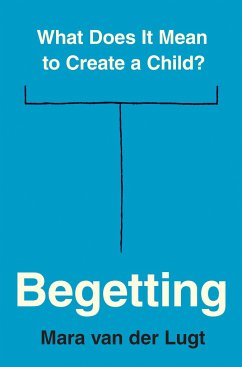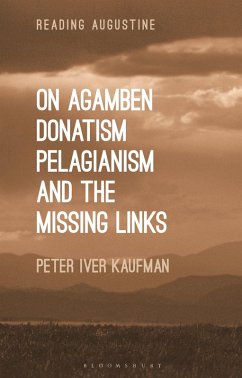Nicht lieferbar
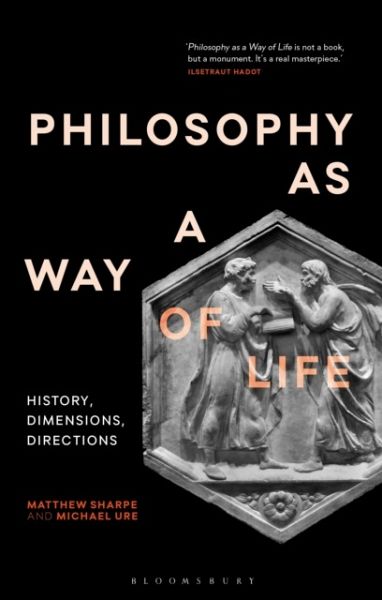
Philosophy as a Way of Life
History, Dimensions, Directions
In this first ever introduction to philosophy as a way of life in the Western tradition, Matthew Sharpe and Michael Ure take us through the history of the idea from Socrates and Plato, via the medievals, Renaissance and Enlightenment thinkers, to Schopenhauer and Nietzsche, Foucault and Hadot. They examine the kinds of practical exercises each thinker recommended to transform their philosophy into manners of living. Philosophy as a Way of Life also examines the recent resurgence of thinking about philosophy as a practical, lived reality and why this ancient tradition still has so much relevanc...
In this first ever introduction to philosophy as a way of life in the Western tradition, Matthew Sharpe and Michael Ure take us through the history of the idea from Socrates and Plato, via the medievals, Renaissance and Enlightenment thinkers, to Schopenhauer and Nietzsche, Foucault and Hadot. They examine the kinds of practical exercises each thinker recommended to transform their philosophy into manners of living. Philosophy as a Way of Life also examines the recent resurgence of thinking about philosophy as a practical, lived reality and why this ancient tradition still has so much relevance and power in the contemporary world.





